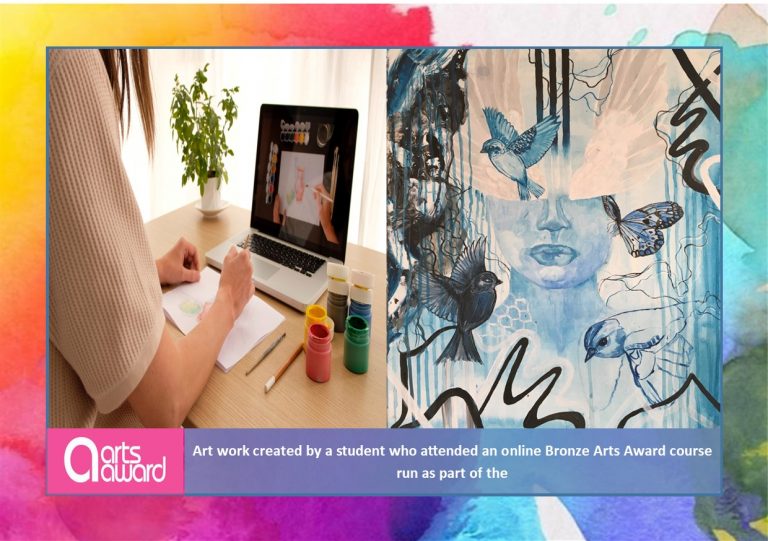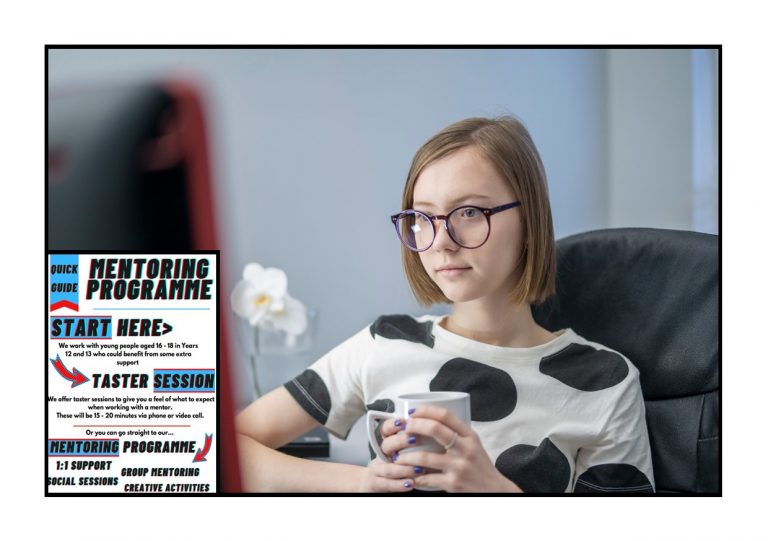Activities and practical sessions offer a new approach to engage young people with informal coaching outside of the standard IAG support offer.
#366
Positive Activities
Funded practical activities to support young people at 16 and 17 with confidence, soft skills and planning for the future.
Audience
Local Authorities, Pastoral and Support StaffAimed at
KS4, KS5Outcome
Empowering Young People, Inclusion and SEND, TransitionApproach
Student/Family SupportWhy was the project needed?
Too many young people in Norwich do not make a successful transition to post 16 learning or training and are not in education, employment or training (NEET).
What happened and what was the impact?
The aim of the project was to support a group of young people, in year 11 and those who had recently left secondary school and were NEET, who were keen to progress into employment but who did not have the necessary ‘soft’ skills to make the progression. A Positive Activities programme was developed to encourage the development of social skills, team building, growth of confidence, self-esteem and commitment to a regular activity.
The Positive Activities programme was developed by Norfolk County Council (NCC) and funded for 2019-20 by the Norwich Opportunity Area (NOA). The project aimed to target NEET 16, 17 and 18 year olds and in particular those that were finding it difficult to consider participating in a study programme or work with training.
The programme engaged young people by offering them an activity of their choice to ‘hook’ them: membership of a local gym, fencing, horse riding, music lessons etc. An adviser kept in touch on a regular basis during the 12-week programme and looked for an opportunity to discuss longer term information, advice and guidance (IAG) plans.
The project was disrupted in April 2020 by Covid-19 and with staffing changes at NCC. In July 2020 planning took place for an adapted version of the programme to start at the end of September. Two Transition Coaches joined NCC to provide mentoring support for young people at risk of dropping out of post-16 education. Access the case study video Careers Support – the benefits of transition coaching to hear more from an NCC Transition Coach.
NCC commissioned an independent provider, Clever Egg to run three online sessions and activities in November. These sessions were particularly aimed at young people furthest away from returning to learning or work with training, many with confidence or mental health issues to overcome. NCC advisers promoted the events, recruited the young people and kept in touch to develop progression opportunities after the events.
Online sessions and activities, each with local inspiring speakers and practical activities such as cooking and a variety of ‘nudge’ techniques (personalised welcome letters to the participants, delivery of a box of cookery ingredients etc) were used to encourage engagement.
The Bronze Arts Award course was a 9-week course adapted to be run virtually over Zoom providing art materials that were delivered directly to young people’s homes and an electronic welcome pack. Several interactive online workshops with artists were arranged. We have included a piece of artwork created by one of the students who attended the course on this page.
What did and didn't work?
We found that planning practical activities providing an opportunity for advisers to speak regularly with young people, helping build rapport in a more informal way than standard approaches and coaching conversations about plans and goals, meant that worries and barriers tended to come up more naturally as part of a wider discussion.
The project has led to young people feeling more confident, inspired and willing to engage with IAG services where previously they might not have. The activities helped young people identify and take “tiny” steps forward to tackling their issues.
It’s another ‘tool’ for advisers to pull from their kitbag when trying to engage with young people, particularly those a little further away from Education, Employment or Training (EET). The young people feel more confident, inspired and ready, with our support, to tackle their barriers on the road to EET.
The Covid-19 lockdown significantly disrupted the project, as the majority of Positive Activities were not possible to access. Over time the Positive Activities team developed virtual events and activities for young people. Initially, Positive Activities were offered with fairly loose requirements and a young person could select an opportunity of their choice without boundaries in place.
As the project progressed, we adopted a more targeted approach aimed towards those young people that might have barriers such as anxiety or confidence but it was a condition for them to stay in regular touch with an adviser and review their IAG plan as their activity progressed. We were also conscious that some young people we wanted to reach out to lacked the confidence to attend sessions in person so we commissioned a virtual programme to meet the needs of this cohort, and then with the onset of the pandemic and lockdowns this approach was well placed to continue to support and engage with the wider NEET cohort also.
How did you measure success?
Feedback from young people reported that they were inspired by guest speakers and many enjoyed the activities. Some explored career goals and moved onto relevant learning pathways. Of those who remain NEET, there is evidence from interventions/notes that some young people have been willing to communicate with an adviser more frequently. Thirteen of the young people who were NEET in November 2020 have since become EET at March 2021.
Wisdom
Ingredients For Success
Is the Project Complete or Ongoing
Financial constraints mean the NOA Positive Activities project will continue in a reduced capacity but will still be offered.
How is the Project Sustainable
Norfolk County Council aim for the Positive Activities approach to continue to be offered in an adapted way through guidance advisers.
What are the Long Term Impacts
We hope that the legacy of the project will be a continued beneficial impact on young people’s future prospects of being in education, employment and training, through engagement with the Positive Activities initiatives on offer.
Estimated Costs
Costs per Positive Activity have varied, up to £200 per young person (significantly lower costs for virtual events).
I’d had mentors before the programme but none of them really helped with anything. My mentor this time around however provided me not only with someone in whom I could share my troubles with but also, they provided me with comfort. Making sure I knew that they were here for me and will support me. They helped me look for different outlets for negative anxiety and looked for programmes to help with confidence and self-esteem building.
Feedback from a young person involved in the Positive Activities project.Area Most Impacted
Careers & Aspirations
Mental Health
Next steps to do something similar yourself
Read the EEF Guidance Report on Social and Emotional Learning here
Champions and contacts
Training
Authors
Hub Contact Details



If you've got any thoughts and ideas of how this approach could be improved or an positive impact it's had for you, add them below
Login or register now to post any comments